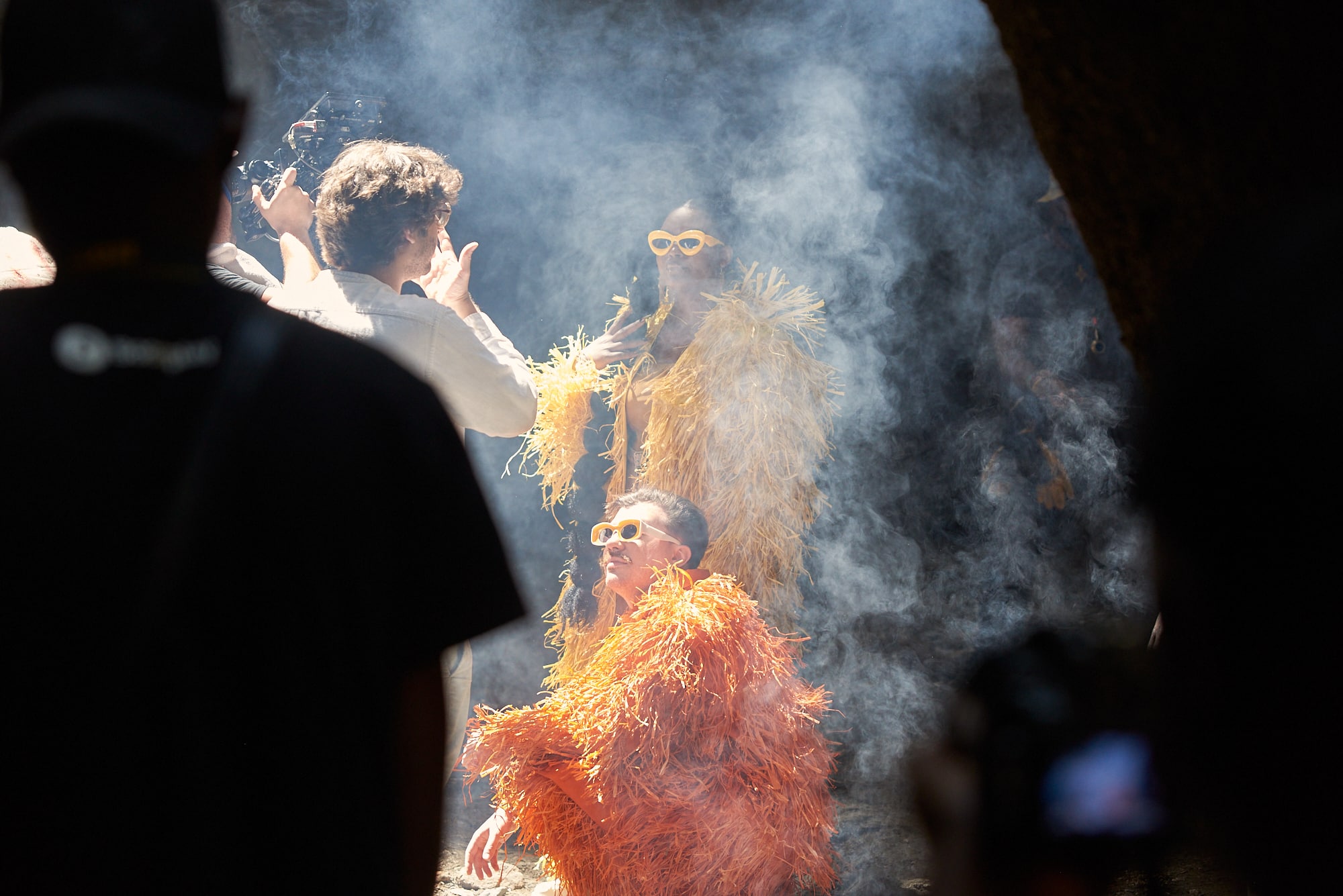A Brazilian producer and a Kenyan singer came together to create a song last year that soared up music charts globally, and collaborating with an India-born director for the video, it is now a milestone for African sound.
A decade ago, who knew Africa would boast a full-fledged creative economy?
The continent is front and center on the global stage today especially when it comes to its music, which has seen rapid strides with collaborations between homegrown artists, producers, and directors and creative talent from across the world.
Into this mix, we are now seeing one of the biggest cross- cultural collaborations in the Electronic Dance Music (EDM) genre yet, described by critics as “a song that will give you an undeniable earworm” (catchy piece of music that sticks).
Brazilian music producer Matheus Zerbini Massa, popularly known as Zerb, released the single Mwaki in October last year. The song, featuring Kenyan singer Sofiya Nzau, has been globally soaring up charts such as Shazam TOP 200 GLOBAL Popular Songs and Spotify Global Viral 50.
Its success has come as no surprise for the team’s creators. “To be honest, [I am not surprised at how big the song has become], not really,” Massa says to FORBES AFRICA. “It’s very unique. Every person I have [passed on] the song to has said it’s one of their favorites on the EP. Usually, when we are not doing music that is in English, we think it’s harder to break barriers. And this song [has been] the opposite. Because it has connected with people from all over the world.”
Mwaki, which predominantly features Nzau’s vocals, is in Kenya’s Kikuyu language. Nzau knew the song would go viral but was not sure about the extent of it.
“I’m just grateful that it’s still doing [well],” Nzau says. “We are in a season where Africans are accepting that we don’t have to [sing in] English to be heard outside of Africa. And the fact [is] that even audiences outside of Africa are willing to listen to our music… I am glad to be part of a campaign like this.”Mwaki paints a colorful picture with a strong African narrative
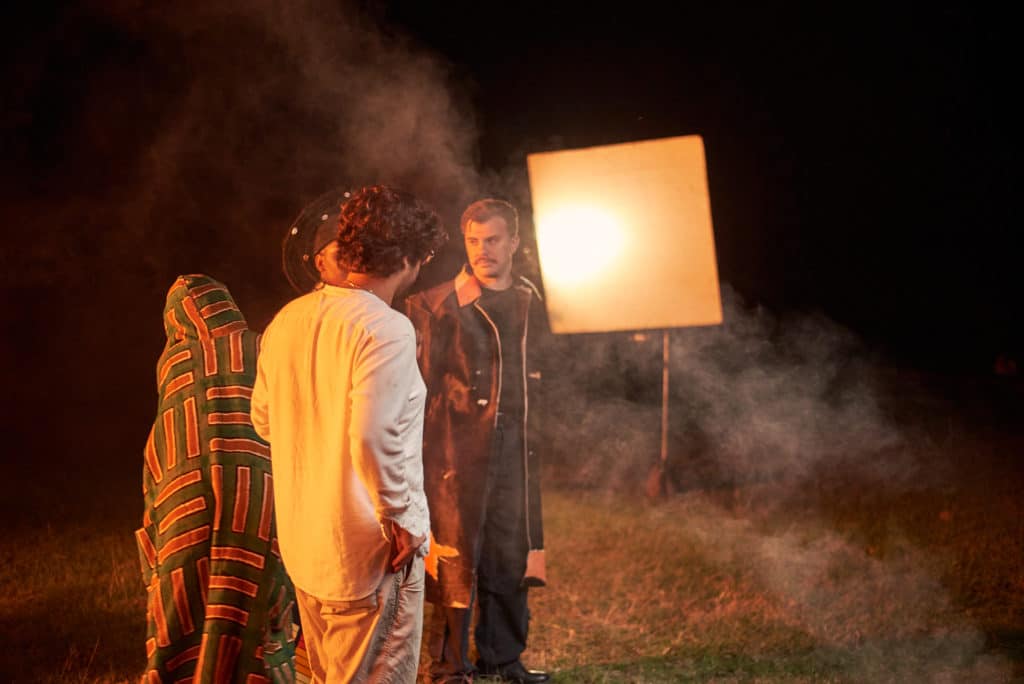
Literally, Mwaki means fire but at its core, it’s a song of longing.
Nzau shares that it’s about fighting for something you love and not being afraid. “It’s the story of a woman who is in love with a man her parents are not in approval of, but she’s willing to fight for him, she’s willing to cover him. Just so she can be with him. Just so she can experience love.”
Following the song’srelease, therewasacollectiveneed to prolong the cultural and creative celebrations commemorating the diverse and enriching elements conveyed in the song and bringing them to life visually.
How can a collaborative depiction of culture, creativity and achievements be effectively portrayed? That is where director Mikhail Mehra comes in, literally.
“I feel like I’m the chaos guy,” Mehra jokes, speaking with FORBES AFRICA on a Zoom call from his home in Los Angeles. “People call me when it’s like chaotic and insane and they’re like ‘can you pull this off’?”
Mehra,born and raised in Mumbai, India, remembers that first call with Jake Udell, the American music manager and founder of TH3RD BRAIN, the independent record label that Massa is signed up with.
“Jake called me a couple of weeks before Christmas and he’s like ‘listen, man, I got this amazing song, do you think you can pull off this music video [during] this timeline, and can you deliver it to us in the second week of January?’”
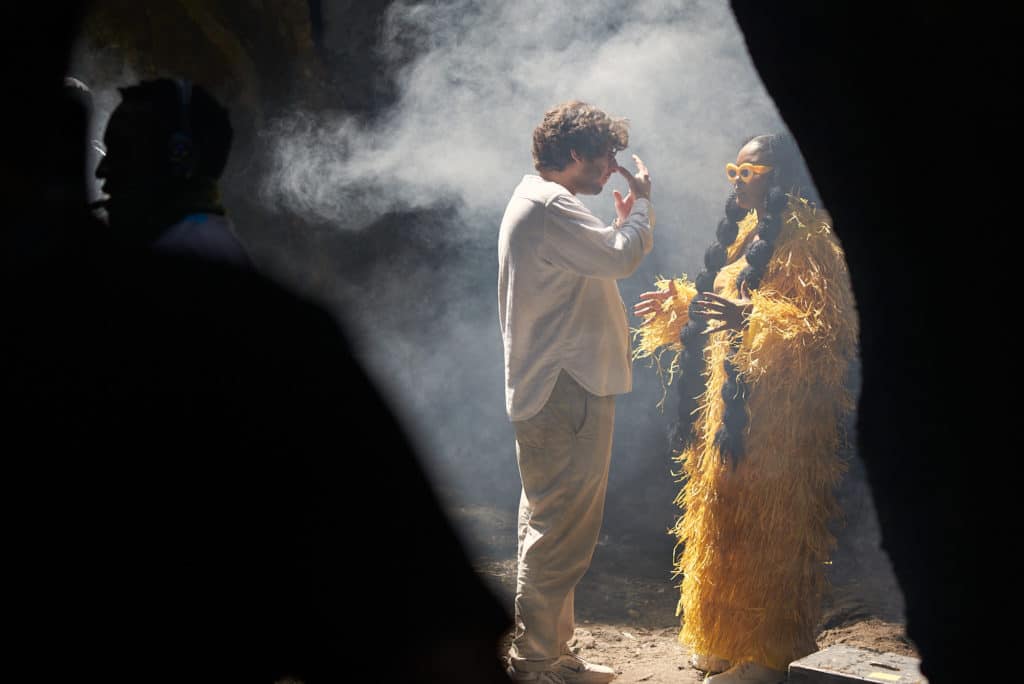
And Mehra responded: “Uh, yes.” It was to be shot in Kenya.
Alec Udell, Co-CEO of TH3RD BRAIN, says that it was about more than just filming in Kenya, it was about contributing to the country, especially since most of the crew was from the country.
“For the music video, we asked ‘where do we shoot’?” Alec says. “It wasn’t a business decision; it was more of a creative decision. How can a music video feel authentic for the song if it’s not shot in Kenya? It didn’t feel like there was anywhere else in the world that made sense to shoot it and get the authenticity of it, which I think was important.”
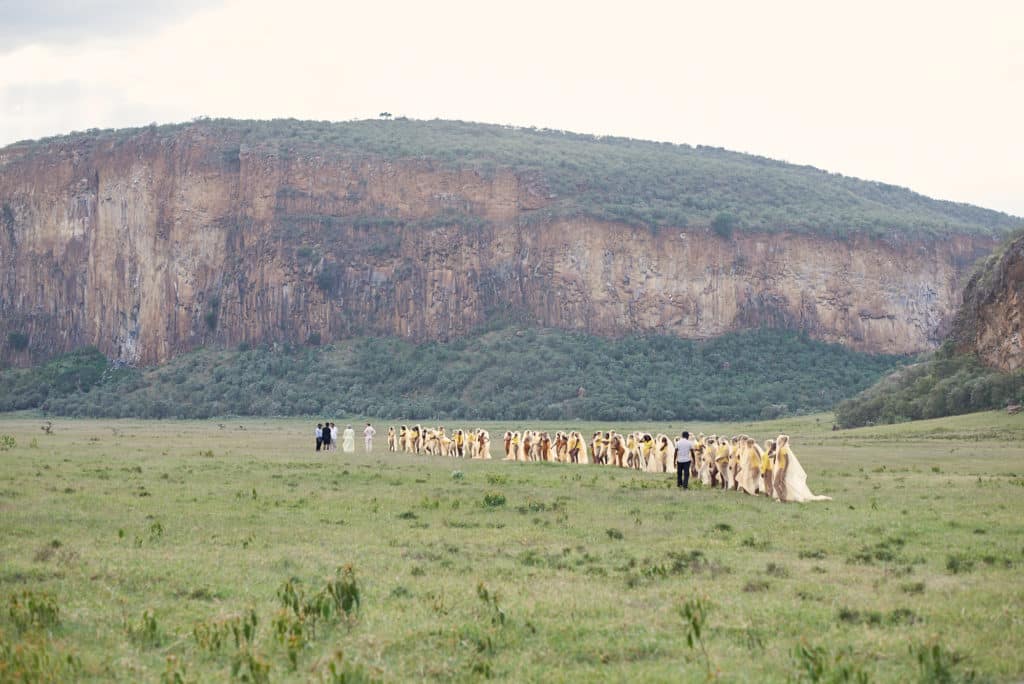
Africa’s creative economy is growing, generating billions but in comparison with the rest of the world, the uptake is slower. The continent’s share remains significantly low, accounting for only around 2.9% of global creative goods exports, representing $58.4 billion and less than 1% of the African GDP, according to the United Nations Development Programme report on Accelerating Creativity and Innovation in Africa. And when projects do emerge, their coverage demonstrates that notonly is Africa misrepresented, it is underrepresented. Furthermore, negative stereotypes, poor narratives, and mystifying clichés continue to be propagated in the stories that come out of the continent.
Although Mwaki has a strong narrative, Mehra did away with a storyline for the music video and worked stylistically to ensure there would be no clichés.
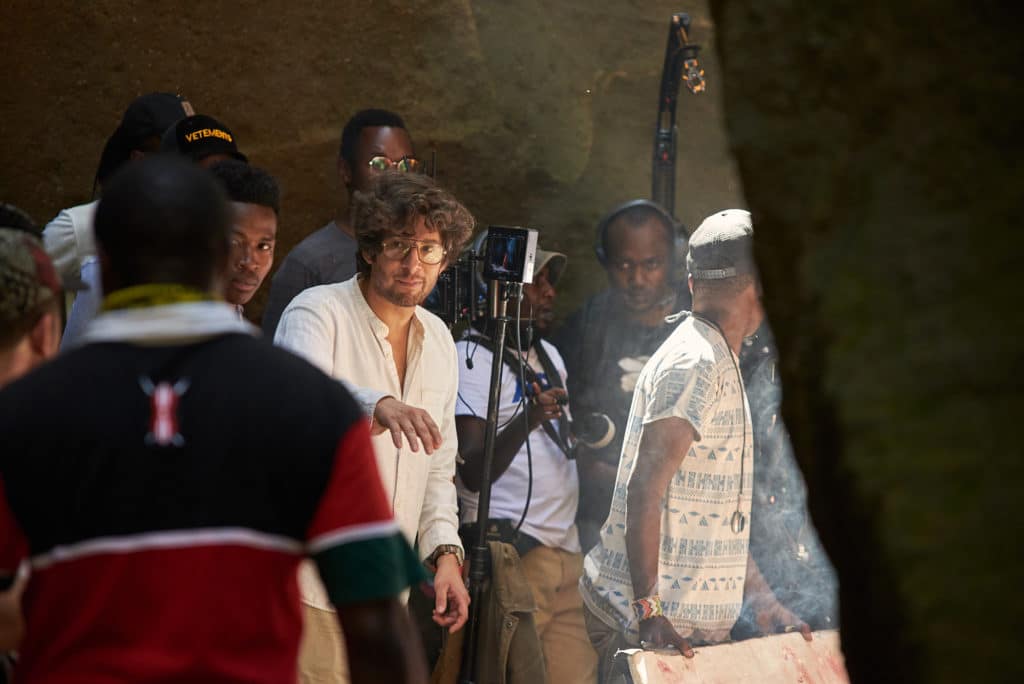
Filming was at Hell’s Gate National Park in Nairobi amidst its cliffs, gorges, rock towers, volcanoes and plumes of geothermal steam. “I wanted it to be a visual treat. So, colors and textures [were] important. We knew we wanted dance [incorporated heavily] and I wanted a lot of dancers… I knew I wanted it to be big.”
“The director’s vision was to give the music video a sense of grandeur,” Kenyan producer Fuad Mbigi chips in.
“To film in a big, beautiful location with a gorgeous African savannah backdrop with as many dancers as possible… The song is a global hit so it only makes sense that the video too is grand.”
“I see African influence everywhere in the West,” Mehra concurs. “…So, it just feels natural. And it feels very obvious to me why [the continent] could be having a moment. And one could argue that this is one moment in a long series of moments.”
“The song has proven that music is a universal language,” Massa adds.
“And it proves that with music, we can combine different cultures and different sounds from different parts of the world. I’m a Brazilian producer, with a Kenyan singer and we got one of the biggest songs in the world right now.”
Nzau adds that collaborations like this have allowed her to see the doors of opportunity open wider and that Africa can “be viewed as big as other countries or other continents”.
“I want African artists to believe that whatever we have here, languages, culture, traditions, instruments, or anything African is good enough to be used and to represent us. Other than us just trying to copy and fit in, we just [continue] to create our own because everything we do here is all beautiful.”
